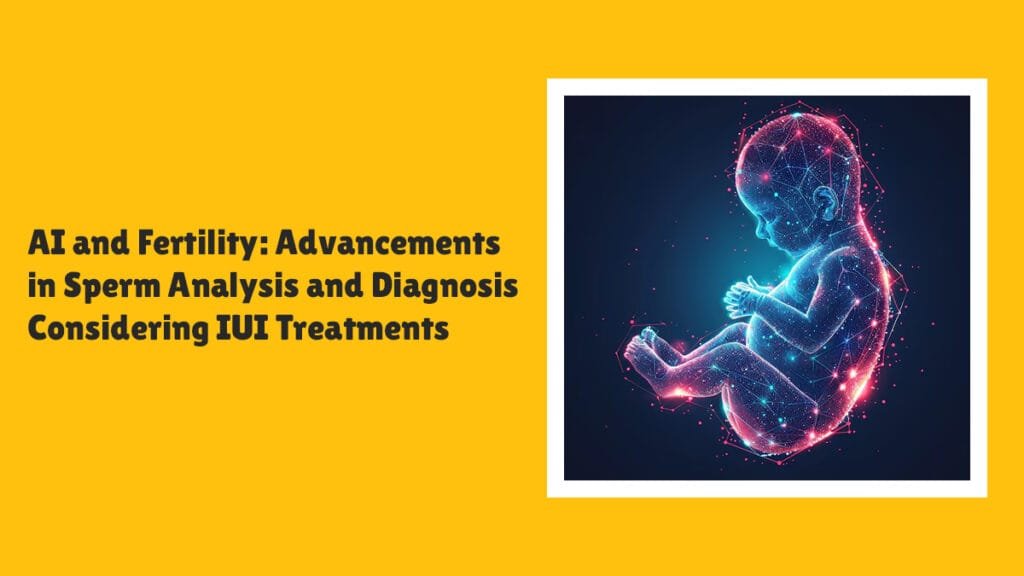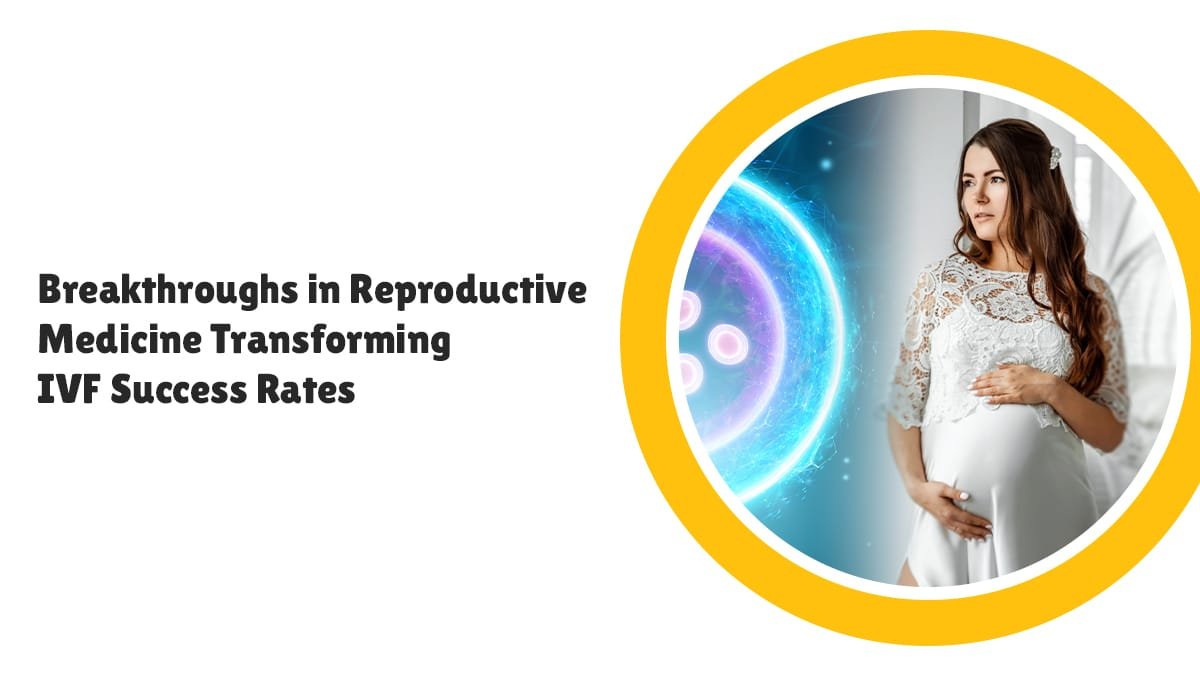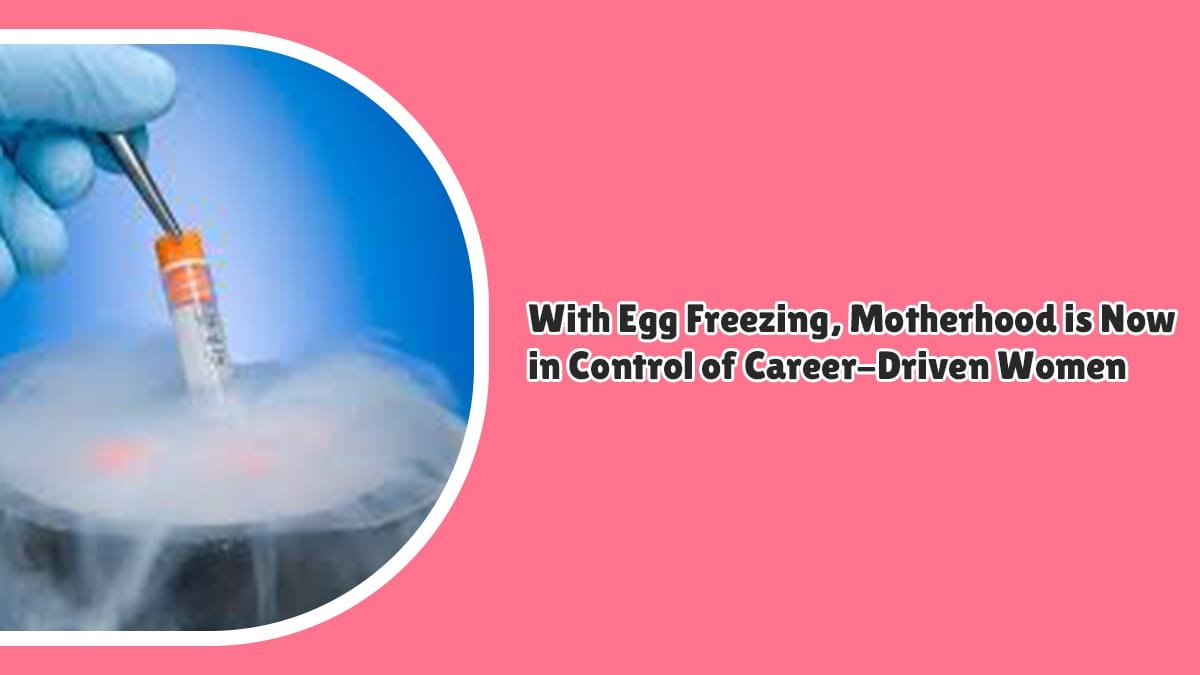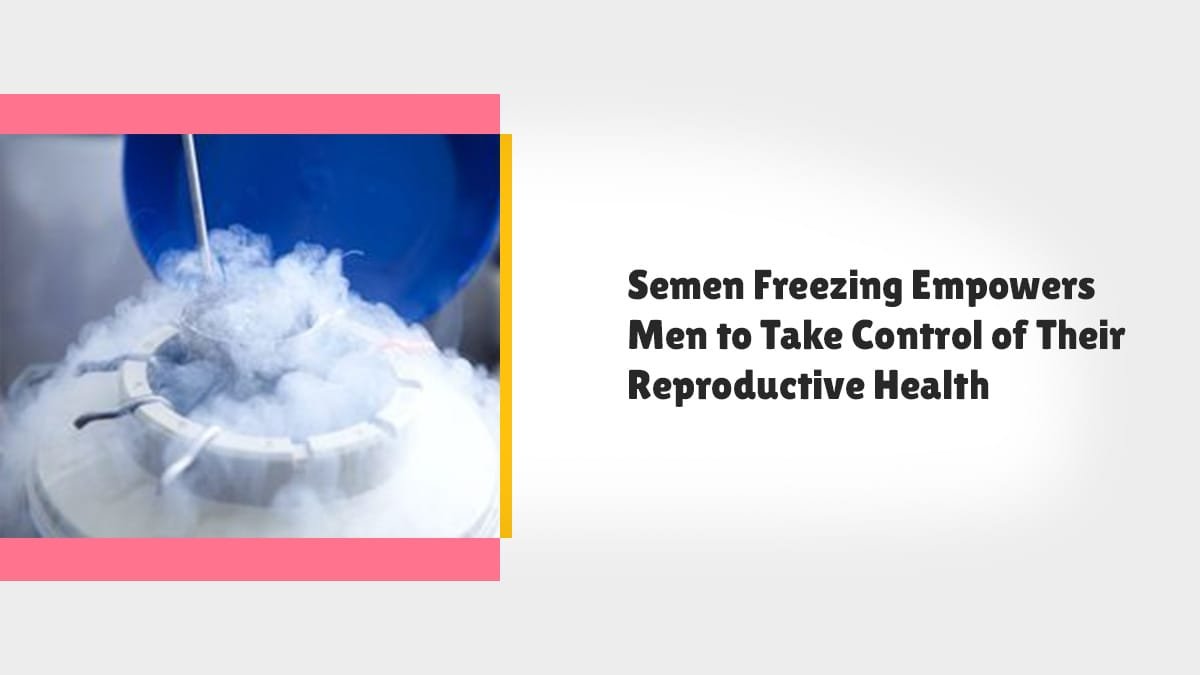What if technology could help couples achieve their dream of parenthood by revolutionizing sperm analysis and diagnosis? In recent years, artificial intelligence (AI) has become a game-changer in fertility treatments, particularly in the realm of intrauterine insemination (IUI). As the demand for fertility treatments continues to rise, these technological advancements have opened up new avenues for diagnosis, treatment personalization, and improved outcomes.
The Need for Enhanced Sperm Analysis
Sperm analysis has long been a crucial part of the fertility evaluation process, determining sperm count, motility (movement), and morphology (shape). In IUI, sperm is directly injected into the uterus, bypassing many natural barriers to fertilization. The success of IUI largely depends on the quality of the sperm, making accurate sperm analysis essential.
Traditionally, sperm analysis has been carried out using manual microscopy, where specialists examine sperm samples under a microscope and classify them based on the aforementioned parameters. However, manual analysis is time-consuming and subjective, with variations in results depending on the examiner’s expertise. This is where AI comes into play, offering precision and efficiency that can significantly enhance sperm analysis.
AI in Sperm Analysis: How It Works?
AI-powered sperm analysis leverages machine learning algorithms and computer vision technology to analyze sperm samples more accurately and rapidly than manual methods. These systems use digital images of sperm and identify key characteristics such as sperm count, motility, and morphology. The AI can assess each sperm in the sample individually, providing detailed data that helps fertility specialists make more informed decisions.
One of the most significant advancements is in the field of sperm motility analysis. AI can track and categorize sperm movement, identifying patterns that human eyes might miss. This ability to detect subtle movements allows fertility doctors to select the best sperm for IUI, increasing the chances of successful fertilization.
Furthermore, AI-based systems are often integrated with databases that store historical sperm data. These systems can compare current sperm samples to previous ones, detecting any changes over time and providing a more comprehensive understanding of a patient’s fertility. By identifying trends and correlations in the sperm’s quality, AI can offer predictive insights into future fertility potential, which can be vital when planning IUI treatments.
The Role of AI in Improving IUI Success Rates
IUI, while a relatively simple and non-invasive procedure, still faces challenges, particularly when it comes to sperm quality. Low sperm count, poor motility, and abnormal sperm morphology are common causes of IUI failure. AI’s precision in sperm analysis can significantly enhance the process of selecting the healthiest sperm for insemination, which can improve the odds of success.
Studies have shown that AI-based sperm analysis can lead to higher success rates in IUI by ensuring only the best sperm are used in the procedure. For example, AI can help identify sperm with the best DNA integrity, which is essential for successful fertilization and embryo development. By eliminating sperm that may carry genetic defects, AI can help reduce the risk of miscarriage or developmental issues later on.
Additionally, AI can assist in optimizing the timing of insemination. By closely analyzing sperm motility and the timing of ovulation, AI can help determine the optimal window for insemination. This precision in timing increases the chances of the sperm meeting the egg and achieving successful fertilization.
Personalizing Fertility Treatments with AI
AI’s ability to analyze vast amounts of data can also play a significant role in personalizing fertility treatments for individual patients. Each couple’s fertility journey is unique, and AI can help tailor treatments based on the specific needs of the patient. By integrating sperm analysis with other fertility data, such as hormone levels and uterine health, AI can assist doctors in creating customized treatment plans.
For example, if a patient’s sperm sample shows consistent motility issues, AI can suggest lifestyle changes, supplements, or other interventions to improve sperm quality before proceeding with IUI. Similarly, AI can identify patterns in patients’ responses to previous fertility treatments, helping doctors adjust their approach for better outcomes.
This level of personalization not only improves the chances of a successful IUI but also reduces the emotional and financial strain of repeated unsuccessful attempts. With AI-driven insights, couples can make more informed decisions, leading to more efficient and targeted fertility treatments.
Conclusion
AI has undoubtedly transformed the landscape of sperm analysis and diagnosis, offering greater accuracy, efficiency, and personalized treatment options for couples undergoing IUI. By optimizing sperm selection, improving motility analysis, and predicting fertility outcomes, AI is helping to increase success rates in IUI treatments and providing hope to couples struggling with infertility.
As fertility clinics continue to embrace these technological advancements, fertility specialists like Dr. Sonu Taxak at Yellow IVF work to incorporate cutting-edge techniques to offer tailored treatments for those on their fertility journey.




